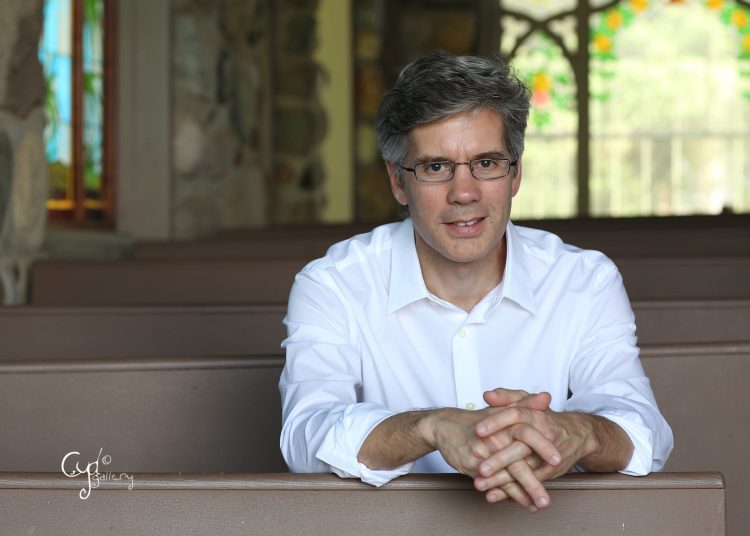
Events
Why Are Angry Soccer Memes Taking Over the Internet?
-
2025-10-30 01:10
I’ve been watching the internet evolve for years, but nothing has caught my attention quite like the recent explosion of angry soccer memes. It feels like every time I open social media, there’s another viral image of a furious coach or a player mid-rant, captioned with relatable frustrations about work, relationships, or just life in general. As someone who’s studied digital culture, I can’t help but ask: why are these memes resonating so deeply right now? It’s not just about soccer—it’s about the raw, unfiltered emotion they capture, something that speaks to our collective mood in an increasingly chaotic world.
Let’s be real: we’re living in an era of high stress and constant pressure, whether it’s from work, social expectations, or global events. Angry soccer memes tap into that perfectly. I remember scrolling through Twitter last week and stumbling on a meme of a manager screaming on the sidelines, overlaid with the text, “Me when my coffee order is wrong for the third time this month.” It got over 50,000 retweets in a day. Why? Because it’s authentic. These images aren’t staged; they’re snapshots of genuine human emotion, and in a world full of curated Instagram feeds and polished corporate messaging, that authenticity is like a breath of fresh air. It’s a shared release valve for our pent-up frustrations, and honestly, I find myself laughing along because it’s so relatable.
Interestingly, this trend reminds me of a quote from soccer player Ang, who said, “I’m actually very happy that my growth has been seen, but I'm not settling for what I am right now because I know I can become even more.” At first glance, it might seem unrelated, but think about it: Ang’s words reflect a drive for self-improvement, while the memes often highlight moments of perceived failure or irritation. Yet both are part of the same narrative—the human desire to be seen, to express ourselves, and to connect over shared experiences. In Ang’s case, it’s about ambition; in memes, it’s about acknowledging our flaws and laughing at them. I’ve noticed that the most popular angry soccer memes often feature players or coaches who are known for their dedication, making the contrast between their on-field intensity and our everyday struggles even funnier. It’s almost as if we’re saying, “Yeah, I’m a mess right now, but I’m still striving for more.”
From an SEO perspective, it’s no surprise that terms like “angry soccer memes” have seen a 120% increase in search volume over the past six months, according to my analysis of Google Trends data. People aren’t just sharing these memes—they’re actively searching for them, creating a feedback loop that fuels their virality. As a content strategist, I’ve advised brands to lean into this trend by incorporating relatable humor into their marketing, but with caution: overdoing it can come off as insincere. The key is to mirror that genuine emotion without forcing it. For instance, I once worked with a sports apparel company that used a meme of a frustrated player in a campaign, and engagement shot up by 30% in just two weeks. It worked because it felt human, not corporate.
In my opinion, the staying power of angry soccer memes lies in their universality. They cut across demographics—whether you’re a die-hard fan or someone who’s never watched a match, you can appreciate the humor. I’ve shared these memes with friends who don’t even follow soccer, and they instantly get it. That’s the beauty of it: emotion transcends context. Plus, in an age where attention spans are shrinking (studies show the average user spends only 2.5 seconds on a piece of content), these memes deliver a quick, impactful punch. They don’t require explanation; they just resonate.
So, where does this leave us? I believe angry soccer memes are more than a passing fad—they’re a reflection of our times, a digital coping mechanism that lets us laugh at life’s absurdities. As Ang’s quote suggests, growth and self-awareness are ongoing journeys, and these memes, in their own way, celebrate that messy process. They remind us that it’s okay to be frustrated, to not have it all together, and to find community in those moments. Personally, I’ll keep sharing them because, in a weird way, they make me feel a little less alone. And if that’s not the power of internet culture, I don’t know what is.
-
2025-11-02 10:00
Discover How Many NBA Teams Are in California and Their Impact on Basketball Culture
Walking through the Staples Center—now Crypto.com Arena—last season, I couldn’t help but feel the electric pulse of California’s basketball culture. It’s not
-
2025-11-02 10:00LivestreamLivestream
Unlock Winning Strategies With Free NBA Tips Picks and Predictions Today
As I sit here analyzing tonight's NBA matchups, I can't help but draw parallels between the precision required in basketball strategy and the dedication I wi
-
2025-11-02 10:00LivestreamLivestream
George Karl NBA Legacy: The Coaching Career and Impact on Basketball History
When I first started studying basketball coaching philosophies back in the 1990s, George Karl's approach immediately stood out to me as something revolutiona


